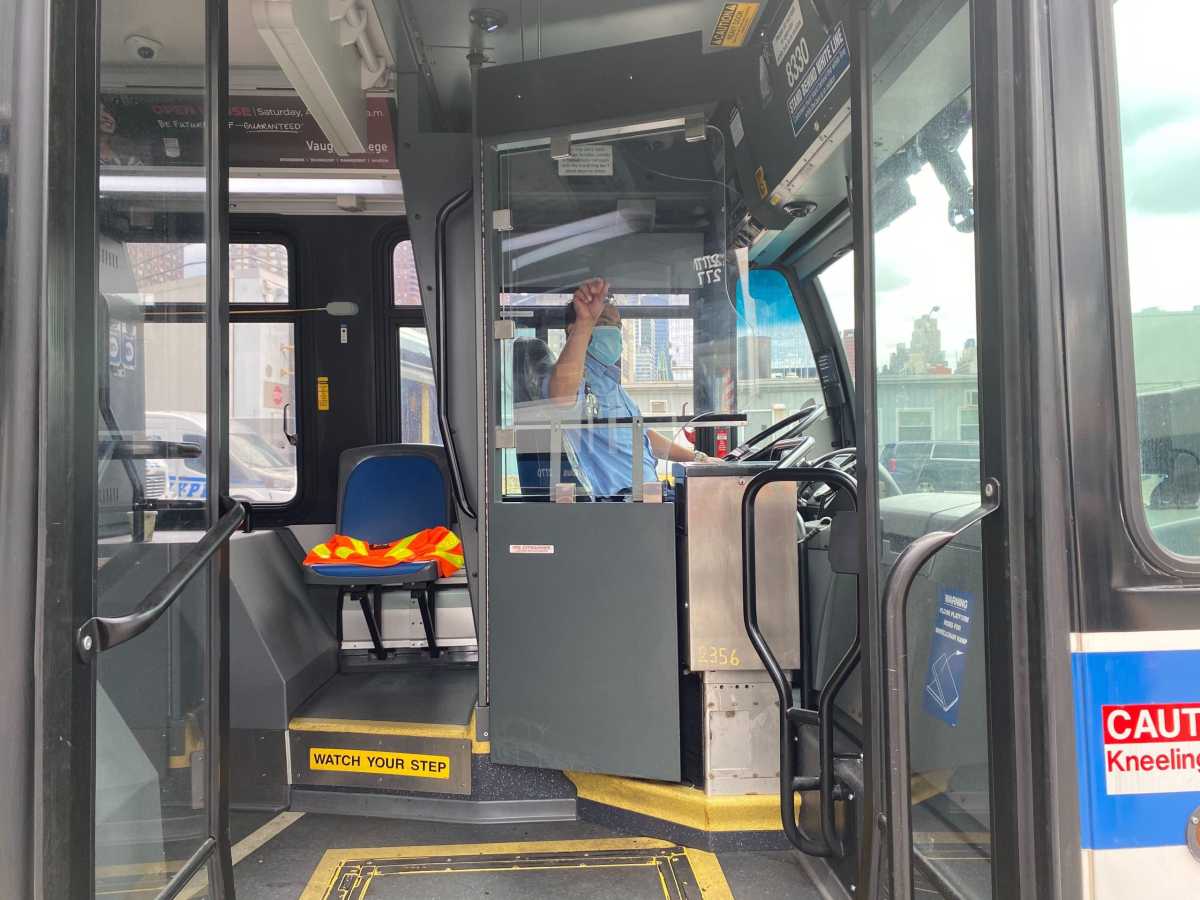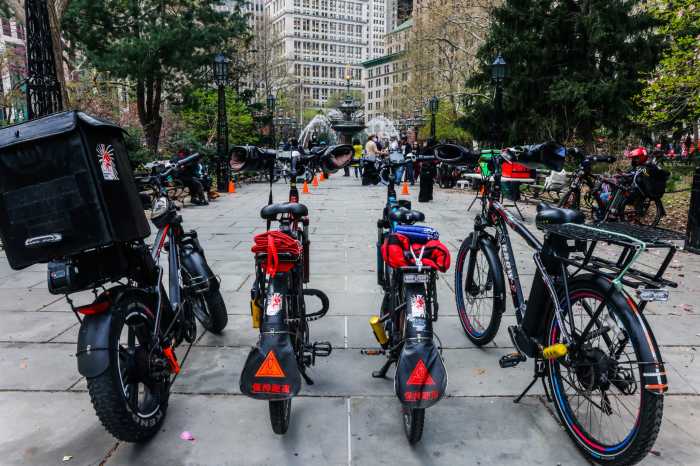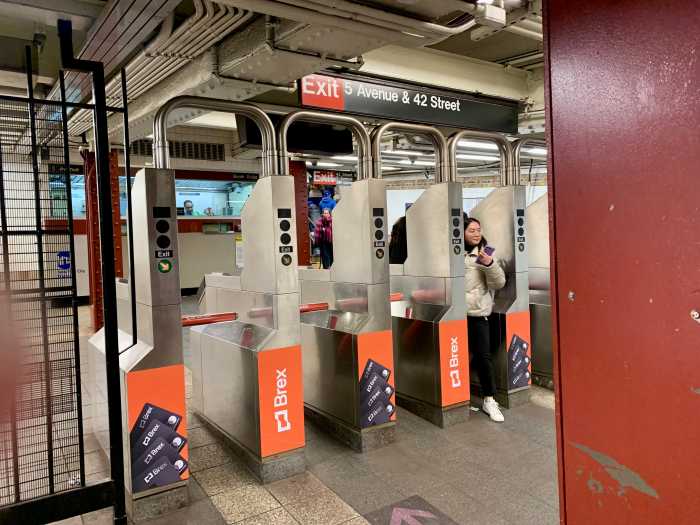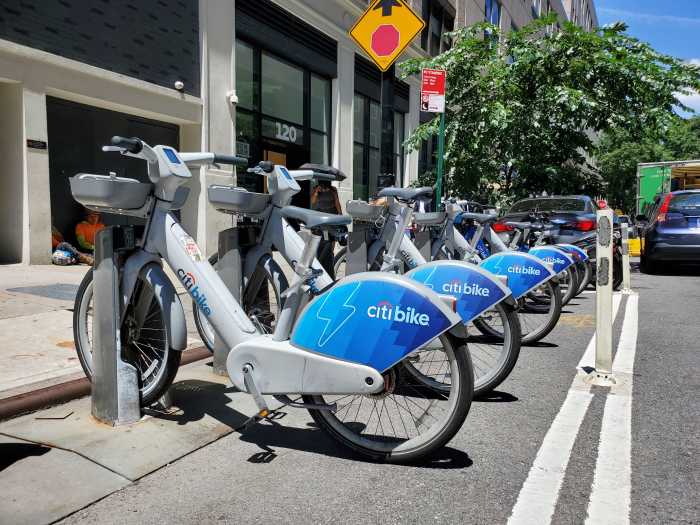As the Metropolitan Transportation Authority (MTA) nears a $10 billion shortfall and CARES Act funds running low, New York City Transit buses will no longer remain toll-free as they have over the course of much of the pandemic.
Rear-door boarding on buses, implemented to protect transit workers who experienced heavy losses early on in the crisis through social distancing, will end in August after the MTA announced plans Tuesday morning to erect barriers from plastic curtains to sliding glass on all buses.
The acting president for the MTA Bus Company, Craig Cipriano, is credited with leading the effort to not only strategize the barriers put in place but also says the OMNY payment system will be available across buses by the end of 2020. But interim New York City Transit President Sarah Feinberg said it was no easy process.
“This is not as simple as it seems, you’d think we could just wrap that area but we need the operator to have line of sight. We need them to be able to see everything they need to be seeing when the bus is on the move, we need to make sure that we’re minimizing glare,” Feinberg said. ” Part of this is we’ve got to get back to a place where we’re able to collect fares. It’s no surprise that the MTA’s financial situation is dire.”
According to Cipriano, the first row of seats will still be restricted to ensure the safety of drivers, but it is not like prior precautions that did not allow passengers on the first three rows of the bus. He said barriers will act as an immediate and long-term solution.
“One is a polycarbonate slider the other is a sliding vinyl curtain. The full-length polycarbonate slider is being installed on local buses,” Cipriano said. “We’ll be installing these protective barriers fleet-wide on 4,800 buses by the fall and starting this week we will install the vinyl on all 1,000 Select Buses.”
Feinberg could specify how much money had been lost since rear-door boarding had been implemented since riders were not being accounted for through the farebox. She added that the MTA would be putting into place an information campaign to let riders know it is time to start paying their fares again.
Earl Phillips from the Transport Workers Union Local 100 said this is a work in progress and that they will observe the process of implementing these barriers after the loss of over 130 transit workers across the entire MTA system.
Masks are still required on all trains, buses, and stations.




































